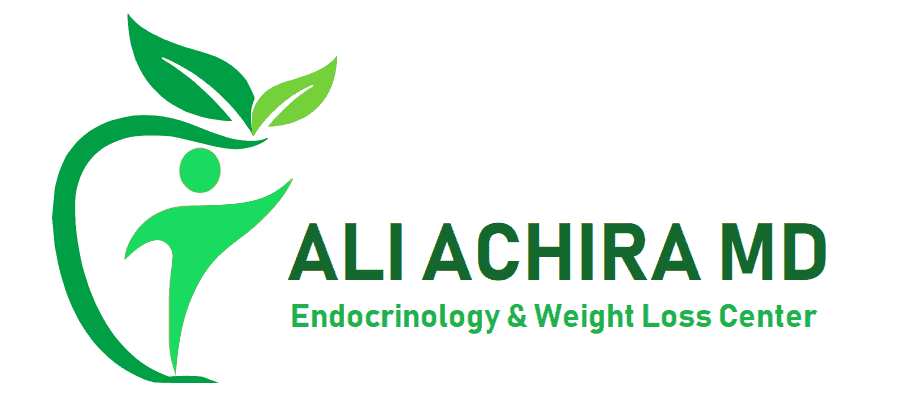Hypoglycemia
Hypoglycemia is a condition that is
being caused by a decline in the blood sugar levels. Sugar is the main energy
source for our bodies, which makes this condition potentially dangerous,
including life-threatening. In 2011, approximately 282,000 adults visited the
emergency due to low blood sugar levels.
Hypoglycemia is often seen in diabetes patients who by taking too much of their medication, and yet failing to eat regularly or exercising more than recommended reduce their blood sugar levels to what is considered less than normal levels. Approximately 62% of the patients with type 2 diabetes have experienced a hypoglycemic episode at least once in their lifetime. Hypoglycemia requires immediate treatment when the blood sugar levels are 70 mg/dL or below. The symptoms of hypoglycemia include:
- Hunger;
- Tremor;
- Heart palpations;
- Pale face;
- Rapid heart rate;
- Dizziness;
- Blurred vision;
- Sweating;
- Fatigue, etc.
These symptoms can go unnoticed, which is when the patient faints and eventually even go into a coma if these symptoms are not treated as soon as possible. In an emergency such as this one, usually consuming 15 gr of digestible carbohydrates helps the patients, this would include one tablespoon of honey or white sugar or half a cup of soda.
Low blood sugar levels are
prevented by consuming 15 gr of carbohydrates on a daily level, especially by
diabetes patients who are recommended to always carry a high-carb snack with
them at all times. Glucose tablets are available, as well. Usually, a good diet
and a well regulated physical activity prevent hypoglycemia efficiently.


